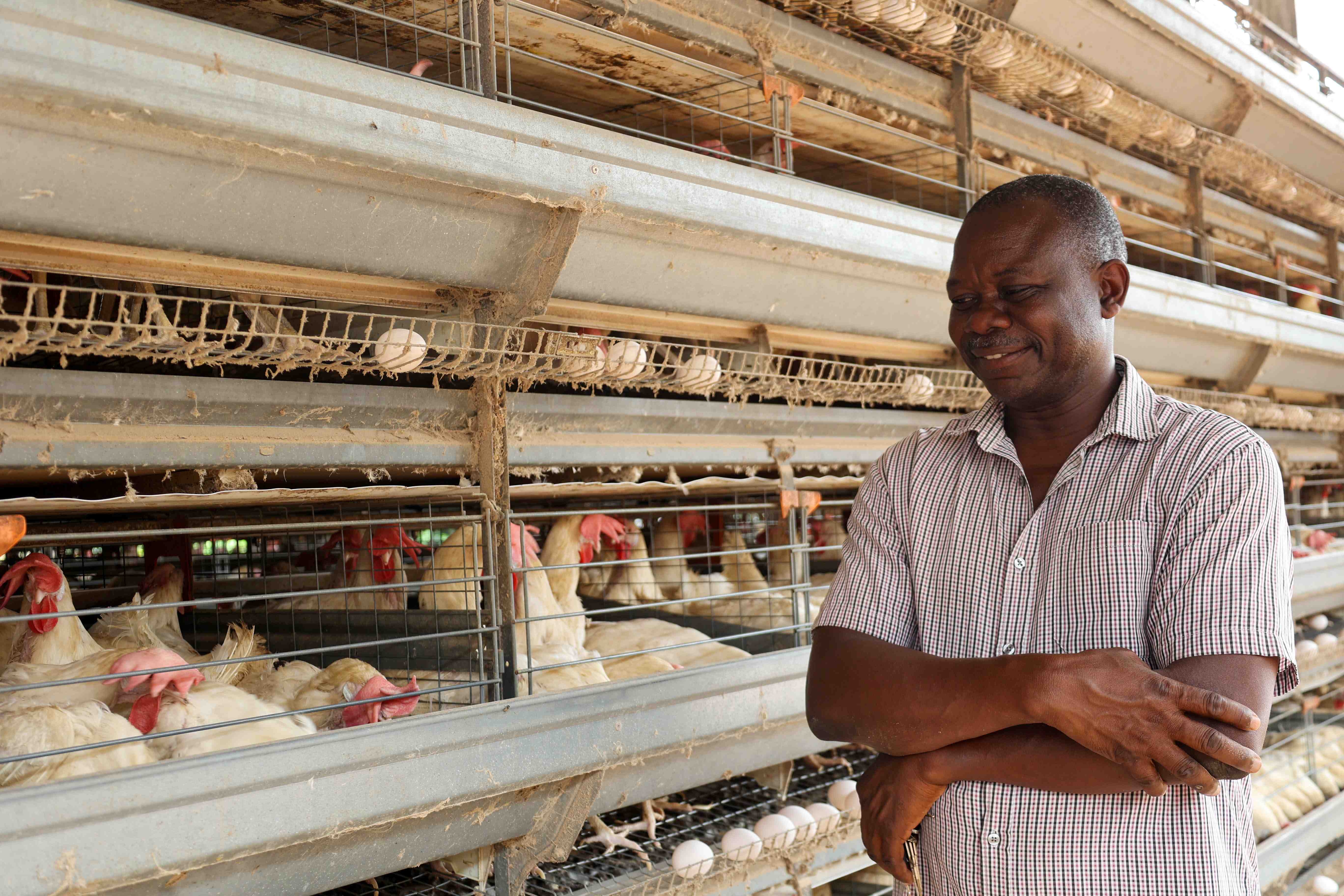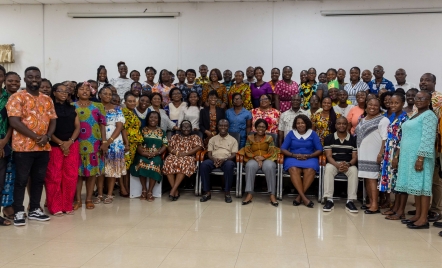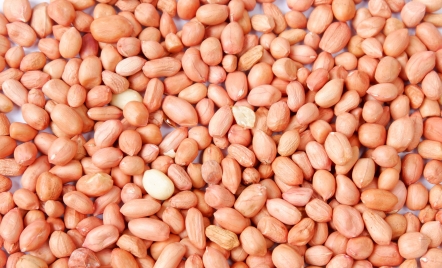As the first male child in his family, Mr. Dziedzom Tettey was naturally expected to assist with household duties.
For him, that meant helping his mother with her backyard poultry farm. “I used to do all the hard work; bring the feed and give the birds water,” He recalls his mother constantly assigning him tasks back in the day.
“I used to do all the hard work; bring the feed and give the birds water,” He recalls his mother constantly assigning him tasks back in the day.
Despite this early exposure, Mr. Tettey never imagined himself building a future in poultry.
When he gained admission to study at the College of Agriculture and Natural Resources at KNUST, his dreams lay elsewhere.
He specialised in Wildlife and Range Management, hoping to pursue an academic path.
“I saw it as just another household chore,” he admitted. “I never thought I would finish university and go into poultry. I imagined myself becoming a lecturer, teaching at the university,” he shared.
However, things began to change during his National Service in 2001, leading him to reconsider his career path.
“My mother went on retirement, and family issues started popping up. There was a need for a money-making venture to support the family. That was when I realized poultry was an option worth exploring,” he explained.
The journey began at the Tetteh Quarshie Memorial Hospital, where his mother had managed a backyard poultry farm.
To start a commercial operation, Mr. Tettey had to move away from the hospital premises and acquire land elsewhere.
His first plot was a 3-acre parcel in Aseseeso, near Adukrom in the Eastern Region.
“Currently, I work on multiple acres in various locations, totaling about 100 acres,” he stated proudly. “I started small, with just about 100 birds, then grew to 1,000 commercially.
Today, we have at least 100,000 birds,” he stated.
Mr. Tettey is now giving back by mentoring his high school students in poultry keeping. The students run a poultry unit where he trains them and offer internship opportunities to individuals interested in hands-on training.
“The system is broad; it caters to the diverse needs of people. You must be openminded, willing to learn, and ready to adapt.
If you can provide a service that meets a need, do it, collect your money, and that becomes your occupation,” he advised. Today, Mr. Tettey stands as a proud example of what it means to turn a humble beginning into a success story.
Today, Mr. Tettey stands as a proud example of what it means to turn a humble beginning into a success story.
He has employed over 50 people on his farm, which aligns perfectly with the College of Agriculture and Natural Resources’ mission to promote innovation, entrepreneurship, and job creation.






Comments